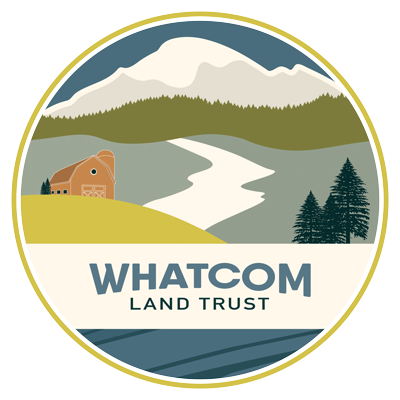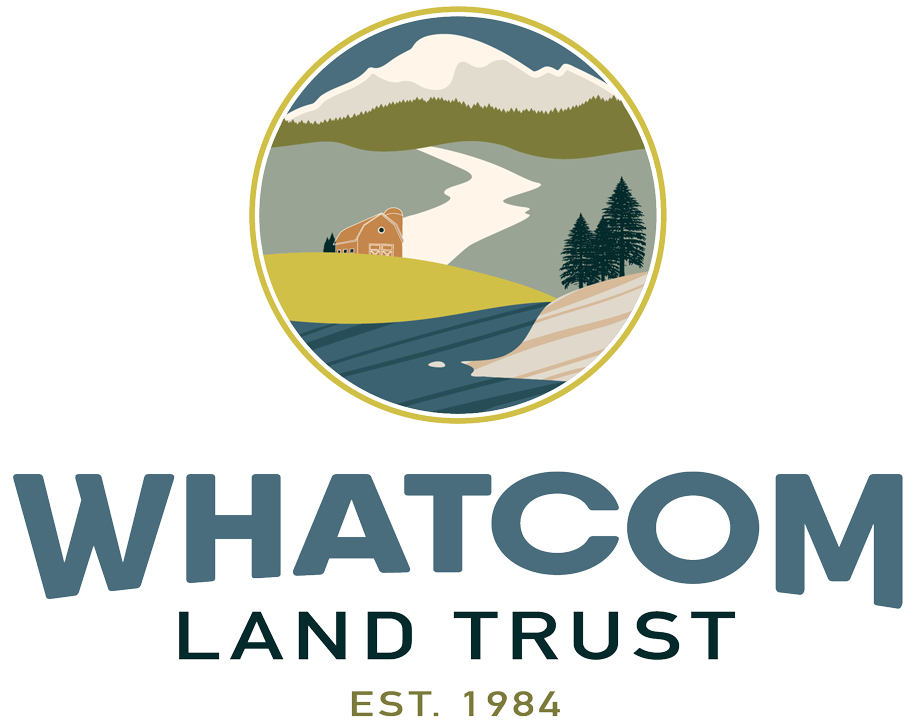As we enter the month of April, Earth Day is right around the corner. This year will mark the 50th anniversary of the birth of today’s modern environmental movement, a momentous occasion. The first Earth Day in 1970 saw 20 million people across the country (about 10% of the population of the U.S. at the time) take to the streets in protest. It gave all the individuals and organizations already working to fight for the environment something to unite around. After years of vastly unregulated industry and little political regard for environmental protection, the founder of Earth Day, Gaylord Nelson, saw this as a way to push the environment back onto the national agenda. As we approach April 22nd this year we find ourselves in a very different situation, one where we are separated. Right now staying home and away from one another is the single most important thing any of us can do for the safety of our community. However, this doesn’t mean that there is nothing we can do to celebrate our planet and care for the land we live on.
Some of the issues that sparked that first Earth Day are different, while others remain the same. In fact, the first Earth Day was due, in part, to increasing concerns about air pollution. This issue is still one that we face today, but with some hope. From Italy to the United States to China significant dips in air pollution have been seen over the past few weeks, the result of decreased traffic and industrial pollution as city after city is locked down due to coronavirus. It can be difficult to appreciate these events in the face of a pandemic. Times are uncertain and unsettling, and many are suffering the loss of loved ones, jobs, and homes. Yet despite the grim situation, there are some benefits from this sudden global increase in air quality. Cleaner air could actually benefit those who are at risk from COVID-19, which attacks the respiratory system. Breathing unclean air has been linked to diabetes, high blood pressure, and respiratory diseases all of which increase the risk factor of COVID-19. In a previous coronavirus outbreak in 2003, the SARS pandemic, a study found that those living in very polluted areas were at higher risk than those living with better air.
Whatcom County is lucky. Even without a statewide lockdown the air in our corner of the state is generally good. The Northwest Clean Air Agency (NWCAA) says that the biggest reductions in pollution as a result of the Stay Home, Stay Healthy order will be in more urban areas such as Seattle and Tacoma, where cars, ships, airplanes, and other forms of mobile transport account for a larger percent of their emissions. The reduction in the use of I-5 might bring some increases in air quality along the highway through Whatcom County. Mark Buford, the NWCAA’s executive director, says that “though our air quality is good, those at home can help to keep it that way by operating woodstoves responsibly and not burning backyard debris. At the Northwest Clean Air Agency, we will continue our work to preserve and protect air quality throughout these unusual times.”
This sudden drop in pollution is, of course, temporary. Once the outbreak is contained and people return to work and their normal patterns of living, air quality will likely once more decrease. Indeed, what we are seeing is a glimpse into what the world could be, and what we should strive for. This gives us an opportunity to realize that we can change both our individual habits and our collective ones. Together we can have a positive impact on reducing carbon emissions. Whatcom Land Trust has been working with our community for over 35 years to help protect land, improve water and air quality, restore salmon habitat, and maintain healthy forests. Protecting land, habitat and forests has direct impacts on the air and water quality we depend on. Attaining clean air in a sustainable and healthy way is crucial work we will continue into the future.
Now, more than ever, the work we do here at Whatcom Land Trust matters. Recent events have only emphasized that we never know what tomorrow will bring, but one thing we can always depend on is the land. With the uncertainty of how things will unfold over the coming weeks, you don’t have to wait for one of our group work parties to help protect places around Whatcom County or celebrate Earth Day. Try removing some invasive species in your garden, or making an Earth Day for your window! Or simply donate to the Land Trust. Large or small, your actions count. The land you help to protect, and the benefits it gives us all, will endure.
Check out earthday.org for some virtual Earth Day activities or if you would like to pull some weeds on a Land Trust property (staff will not be present) contact our Stewardship Director, Jennifer Mackey!


